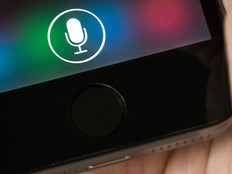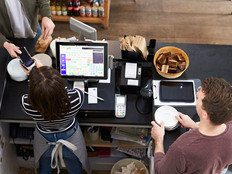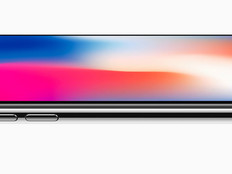6 Tips for Maximizing Mobile Hotspots
Mobile hotspots enable people to roam freely and stay connected, even in places where Wi-Fi isn’t available, making them indispensable tools for road warriors. Users simply need to fire up a portable 4G cellular router to create a private Wi-Fi network linking multiple devices.
This type of mobile networking solution offers greater security than a public Wi-Fi network and typically delivers speedier performance. But if they aren’t used carefully, mobile hotspots can quickly rack up high data charges for their users’ organizations. What follows are some tips for working with users to set policy for minimizing data usage and using mobile hotspots most effectively.
1. Limit Use of Multimedia
Streaming videos or viewing pictures shared on social media helps pass idle time on the road, but there’s a huge difference in the bandwidth required for this versus reading text on a page or composing email. Limit the amount of multimedia content to reduce bandwidth consumption.
2. Optimize Email
Many email clients offer a setting to restrict the size of email downloads. Instruct users on how to change this setting when traveling, and consider download restrictions for attachments beyond a certain size. Similarly, many smartphone email clients offer push notifications, which also consume data. To reduce consumption, users should set their email polling to be less frequent.
3. Beware of Background Apps
Many applications run in the background when not active on smartphones, tablets and even notebooks. These run the gamut from email to social media or location-based apps. Users should modify their system settings to stipulate which apps are allowed to run in the background. Enable only required background processes to ensure that data isn’t being unnecessarily consumed.
4. Watch Data Levels
Even when users have a mobile hotspot dedicated to providing data, they still need to know what their data limits are and keep in mind that overages can be expensive.
5. Know the Coverage
Before traveling, users should research the area where they will be visiting to ensure that there’s adequate coverage. Some areas won’t have LTE cellular coverage, meaning users will be stuck with slower speeds that can affect connection performance.
6. Optimize Wi-Fi Settings
If possible, users should configure the hotspot for shorter, low-power Wi-Fi. This requires mobile devices to be closer to the hotspot, but it extends the router’s battery life.
A mobile hotspot enables workers to be connected on the go without relying on potentially insecure public Wi-Fi accounts. With the added convenience of being able to tether multiple devices, a hotspot is a critical extension to a productive workforce. Ensuring that users know how to effectively manage mobile data streams can make these devices even more effective.









